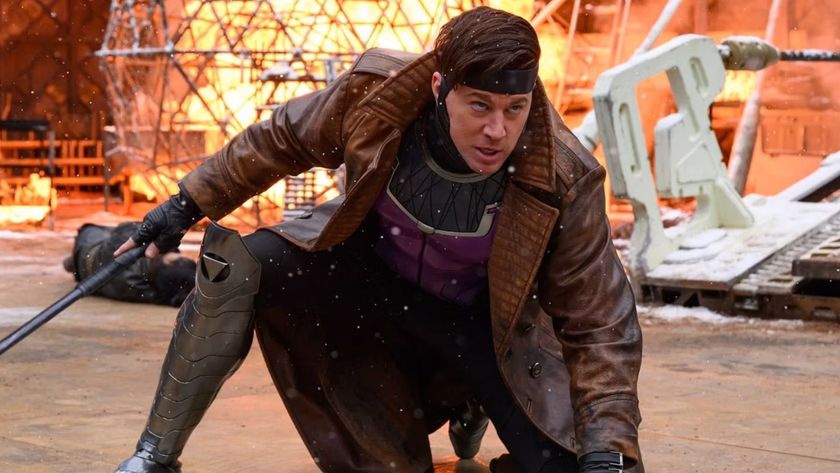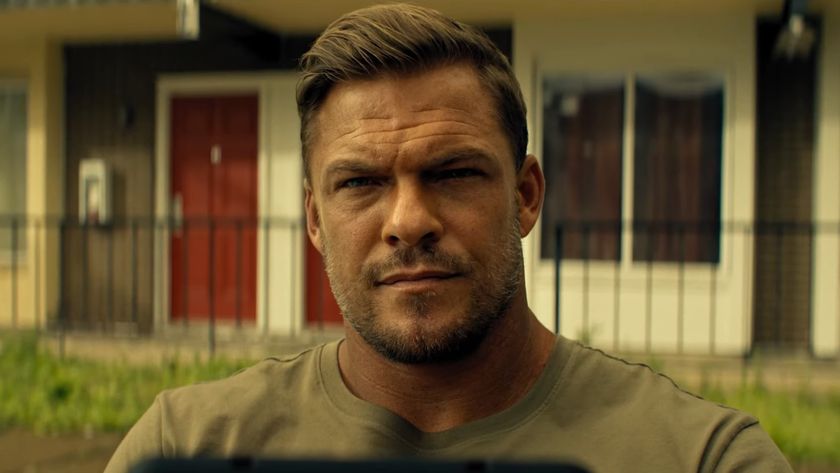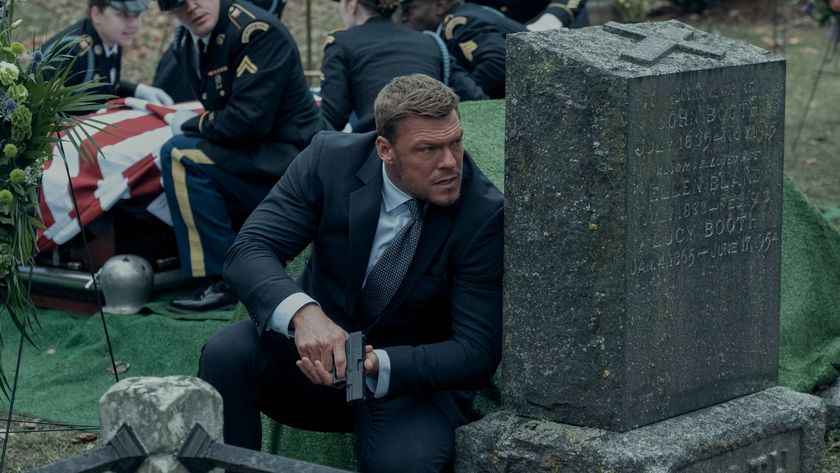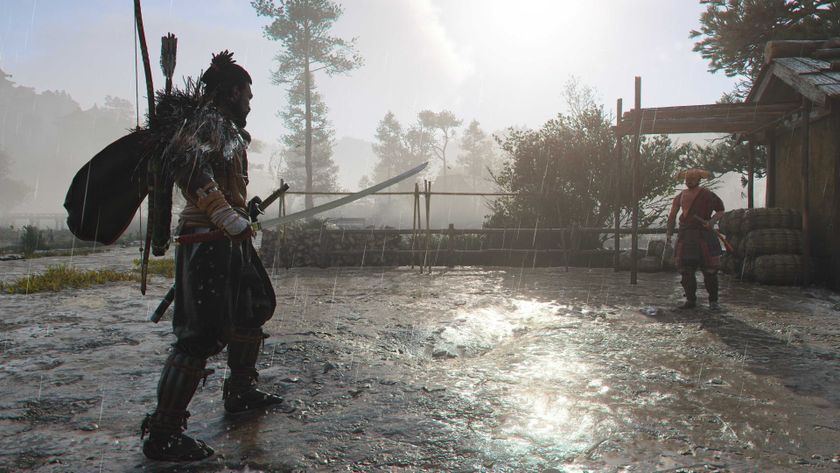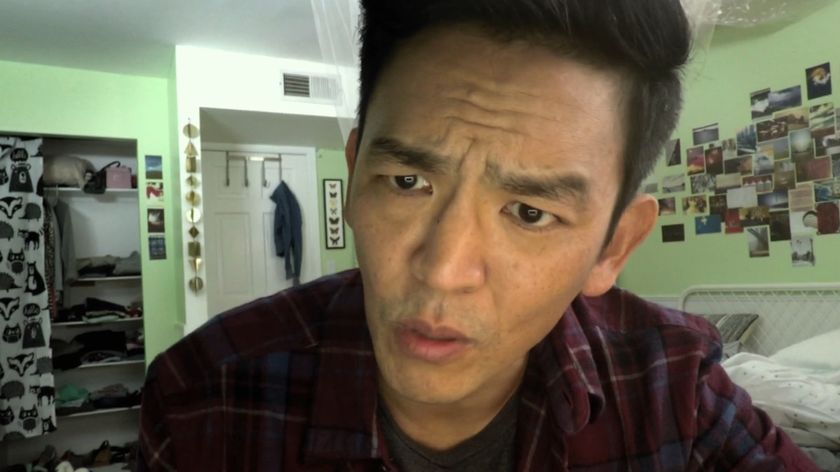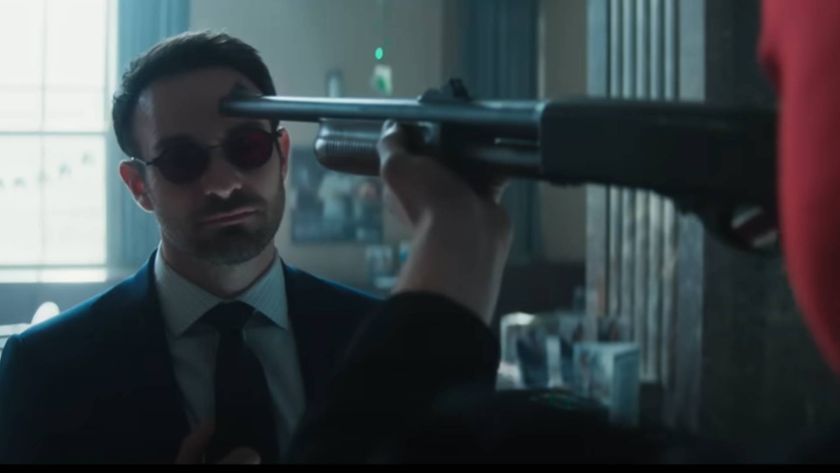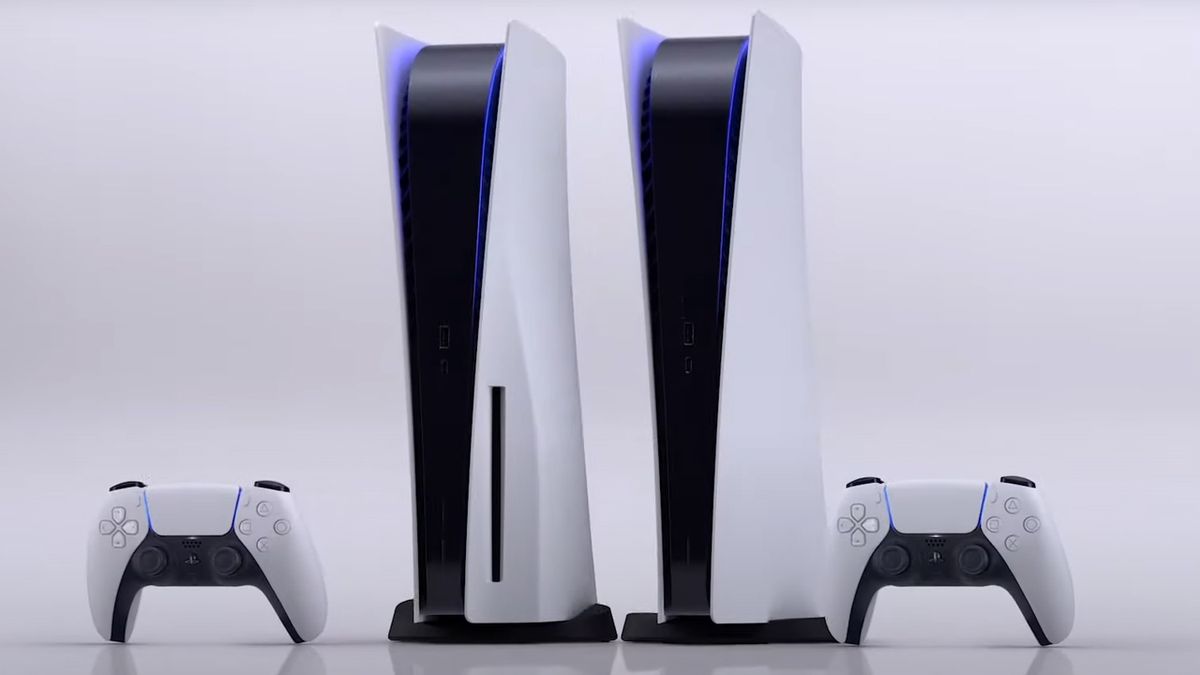
Soccer fans will be very familiar with social media's reaction to Microsoft buying Bethesda. After the initial shock reveal, there were takes, memes, and countless threads about what This All Means for Xbox moving into a new season. Then, sure as night follows days, the rival fans started demanding a response. Who should Sony FC sign in response? Rockstar, Konami, Messi... or all three? Just like the silly season in soccer though, this reaction missed the much bigger picture. Sony doesn't really need to buy a publisher or more gaming studios as Microsoft's acquisition of Bethesda isn't one-upping Sony, it's playing an aggressive game of catch-up.
Examining the Fallout
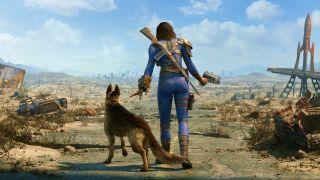
If we're all being honest, Xbox has struggled to put out a consistent and compelling catalogue of exclusives this generation. The landscape hasn't been barren – Forza Horizon is this generation's best racing series, Sea of Thieves is the definition of cult classic, and Halo: The Master Chief Collection has slowly become a success story worth celebrating – but it has lacked the broad appeal of Sony's string of hits. That is something the Xbox division has been attempting to address since it started its acquisition spree in 2018.
Seven studios were integrated into Xbox Games Studios in the space of 12 months, while a further two studios were founded. The acquisition of ZeniMax Media brings another eight into the fold, a deal which also included the publishing might of Bethesda. The announcement was timed to coincide with Xbox Series S and Xbox Series X pre-orders opening, a clear signal of intent that Microsoft is ready to challenge the perception it has been unable to shake all generation.
While it's unclear how Bethesda and Xbox will handle exclusivity in the years ahead, Microsoft now has 24 first-party studios under its wing. With the PS4, Sony has been able to reliably point to games like The Last of Us, God of War, and Uncharted as success stories of its first-party strategy. Now, Microsoft will be able to use Fallout and The Elder Scrolls to make a similar, compelling argument. Again, Sony shouldn't plan to fall into a war of acquisitions, because it doesn't need to.
Uncharted Territory

Whether it's a tribal reaction to watching Xbox slowly hoover up gaming studios for two years or just the state of mind of being online all the time, the Twitter reactions of PlayStation fans demanding Sony buy a studio in response was pretty predictable. But it also ignores the reason why PlayStation has been successful this generation. Sony's focus has been on giving its long term first-party studios support, allowing them to make the games they want, at the pace they need to.
Studios such as Naughty Dog, Guerrilla Games, and Sucker Punch have all been Sony studios for multiple generations now, and that has shown in the quality of games they've produced. Naughty Dog's formidable hot streak continued with Uncharted 4 and The Last of Us Part 2. Guerilla's Horizon Zero Dawn proved to be one of this generation's most distinctive new series, while Sucker Punch's Ghost of Tsushima is one of this year's best selling games. That's before we touch on the developers Sony has founded in-house, like Santa Monica Studio (God of War), Japan Studio (Bloodborne with FromSoftware), and London Studio (Blood and Truth). There are plenty of reasons why PlayStation has had a better generation than Xbox, but perhaps this level of consistency in its ranks is one of the most underrated.

Which also means that it's hard to see what buying a studio would bring to the table at this stage in the game. The last time Sony acquired one, it was Spider-Man developer Insomniac back in 2019, the decision was so much of a no-brainer, it might as well have been an extra in Dawn of the Dead. While names like Rockstar and Konami might be bandied around, they arguably don't offer Sony more than the chance to take away franchises from Xbox, something which the vast majority gamers weren't too fond of when they found out Spider-Man would be a PlayStation exclusive character for Marvel's Avengers.
Sign up to the 12DOVE Newsletter
Weekly digests, tales from the communities you love, and more
Now imagine what would happen if the next GTA was a PS5 exclusive or, as it's been rumoured this week, a full-scale Metal Gear Solid remake was locked into PS5. While some PlayStation players would be happy, others would rightly grumble that their mates would be losing out on massive games. Whereas if Sony keep their focus on building new experiences purely for Playstation gamers, it becomes less about locking gamers out from series they've grown up with on other consoles, and more about cultivating new experiences that makes PS5 more appealing.
It also shouldn't go unsaid that two upcoming Bethesda games, Deathloop and Ghostwire: Tokyo, are PS5 console exclusives, and will remain so according to Phil Spencer. The fact that Sony are also rumoured to have been negotiating console exclusivity on Starfield is also important, as it shows that while Sony have done well to nurture the talent of their first party studios, they also clearly saw the potential in Bethesda's future line-up, something which Microsoft will now look to take advantage of.
Prey for Sony?
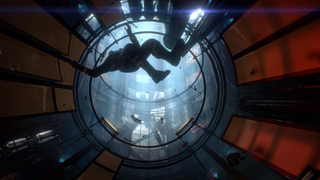
Microsoft has, rightly, been making a lot of noise about gamers being able to play the games they want, where they want. Since the Xbox One's bungled launch, this has been Microsoft's philosophy and it has admirably stuck by it, even as it starts to claw its way back into direct competition with Sony when it comes to the quality of console exclusives it puts out. That's why the Bethesda deal is such a short-term and long-term win. It instantly tells potential buyers that Xbox will be the natural home of Fallout, The Elder Scrolls, and the rest of Bethesda's upcoming catalogue, without having any new games to play the systems from day one.
If Sony's success stems from years of consistency and organic growth within that enviable first party studio ecosystem, then all Microsoft can do is buy that time. And with a huge move like this, it has done so. The only risk for Microsoft is the appearance of hypocrisy in the future. If Starfield and The Elder Scrolls 6 do become console exclusives, for example, then its years of talking up cross-play and 'playing the games you want, where you want' will appear hollow.
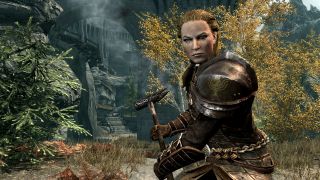
But none of that should change Sony's position. All of Microsoft's acquisitions are, in many ways, a compliment to the work Sony has done with PlayStation. For years now, Sony's exclusives have dominated the conversation around video game excellence and evolution in the AAA space, and that's a conversation Microsoft is clearly eager to reinsert itself into. Spending $7.5 billion isn't a guarantee that it'll be able to, of course, but it's undeniable that it seems more likely today than it did last week.
It's also worth remembering that the two publishers find themselves pursuing different goals. Sony continues to focus on a more traditional console cycle, valuing the mystifying power exclusive, blockbuster releases that can hold over an audience. Microsoft, on the other hand, is routing its entire ecosystem through Xbox Game Pass; it will need a steady stream of games, led by first-party, to ensure that Game Pass remains the most attractive offer in gaming. Sony knows it will only need to replicate the success of the PS4 model for PS5, delivering two or three tentpole releases a year to ensure that PlayStation maintains its reputation of holding the most high-profile and exciting exclusives. It has earned that moniker, after all. As Sony has proven this generation: consistency, more so than big money signings, has been key to success.

Ben Tyrer is a freelance games journalist with over ten years experience of writing about games. After graduating from Bournemouth University with a degree in multimedia journalism he's worked for Official PlayStation Magazine as a staff writer and games editor, as well as 12DOVE (hey, that's this website!) as a news editor. He's also contributed to Official Xbox Magazine, Edge, PC Gamer, GamesMaster, PC Games N, and more. His game of the year - no matter the year - is Rocket League.
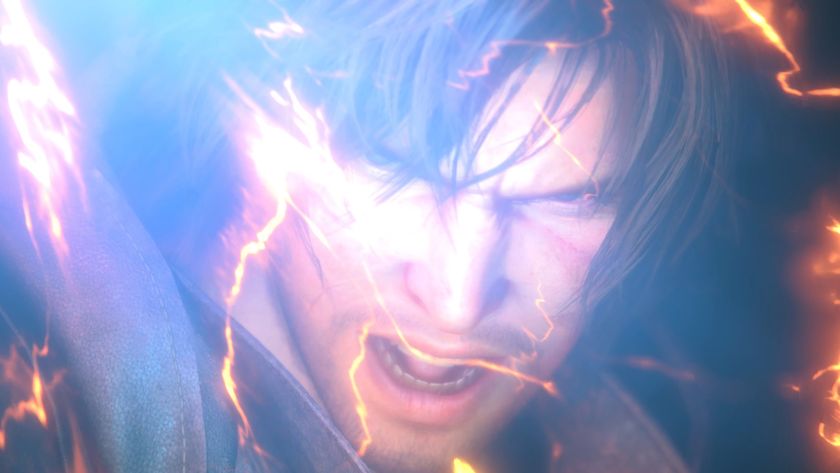
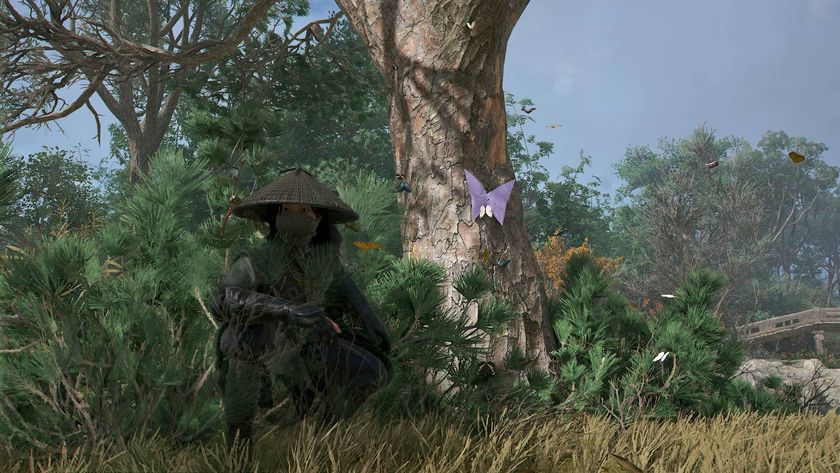
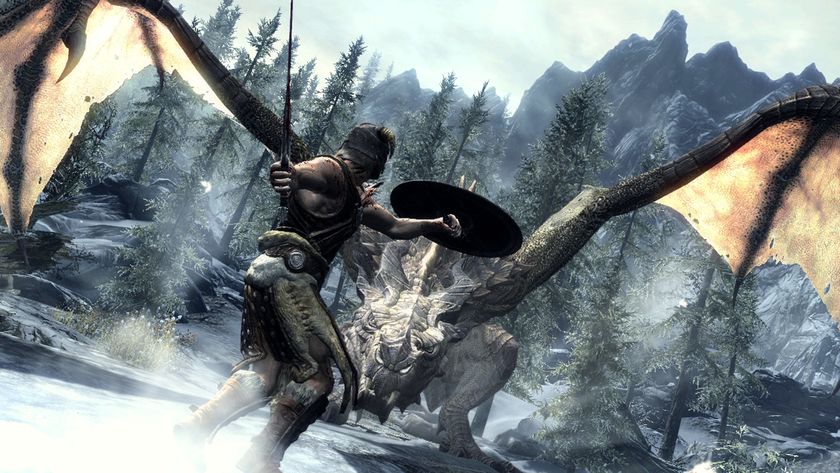
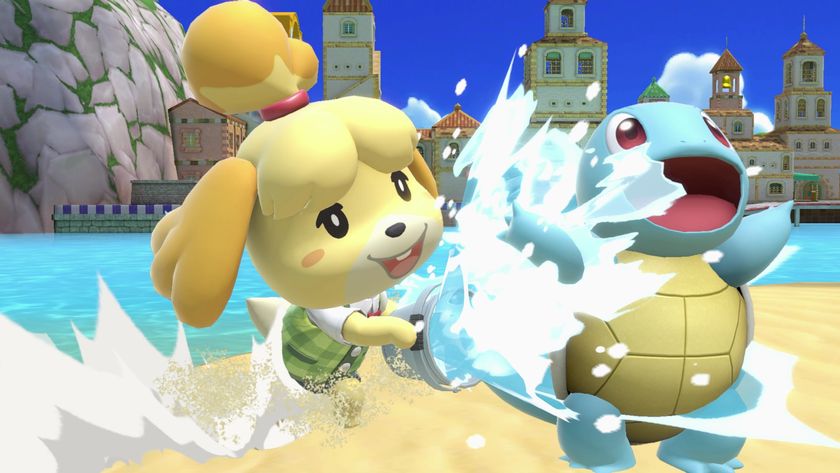
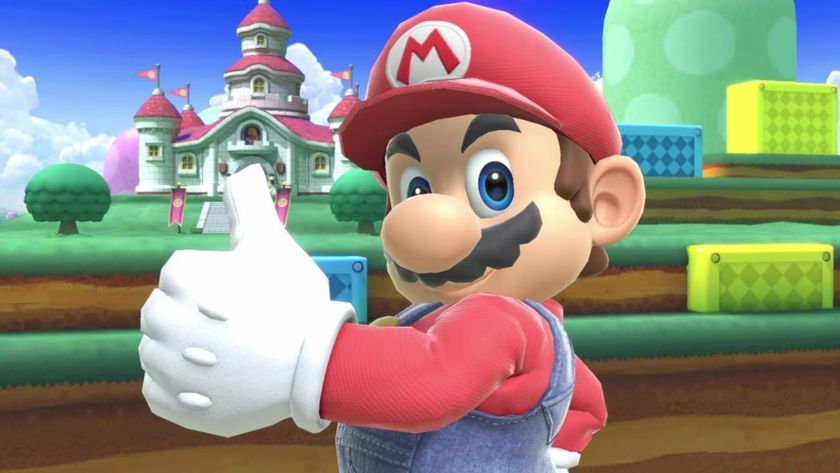
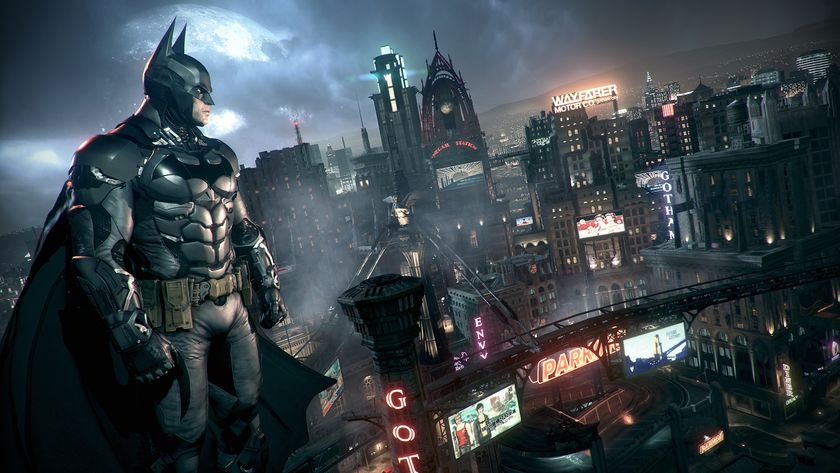
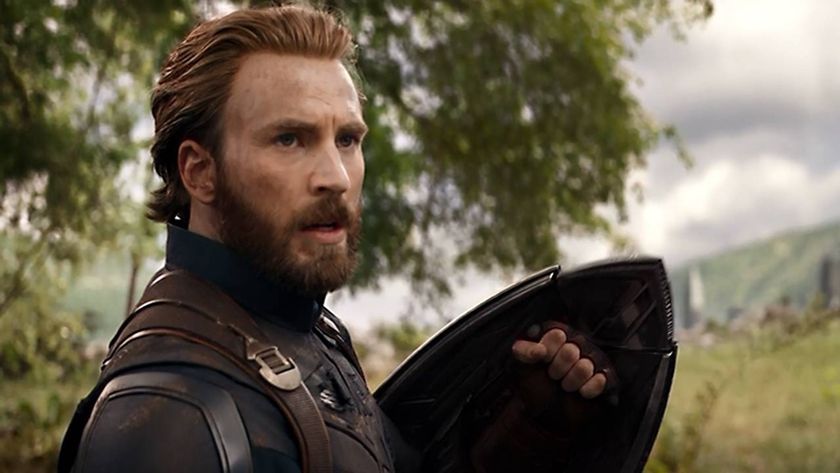
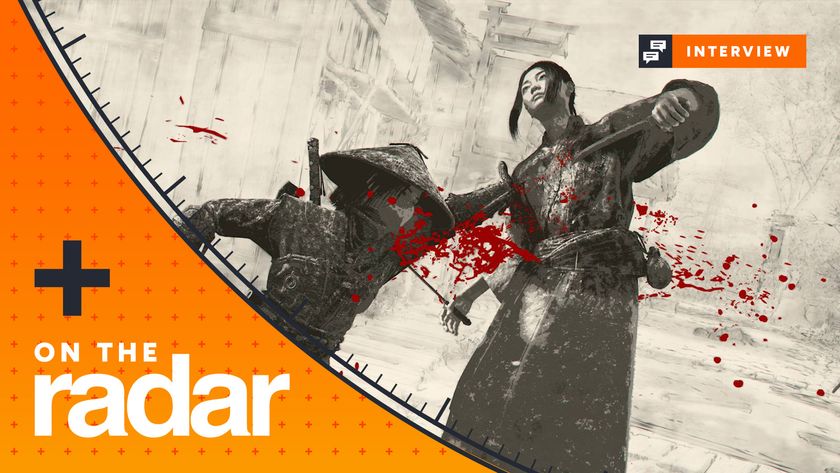
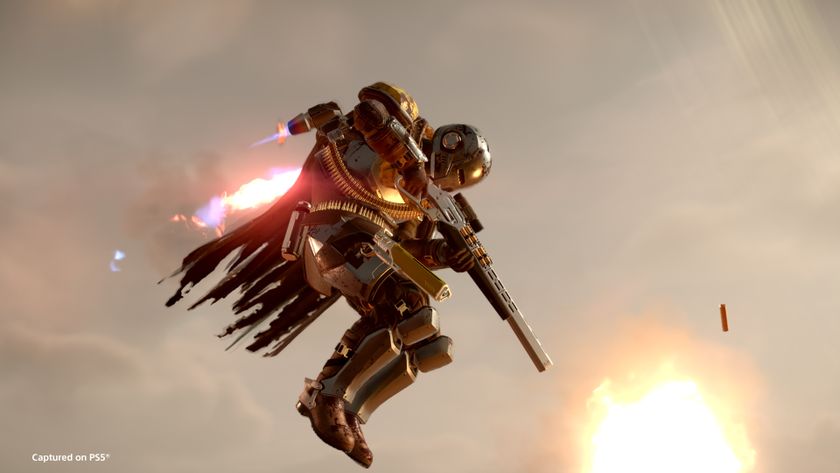
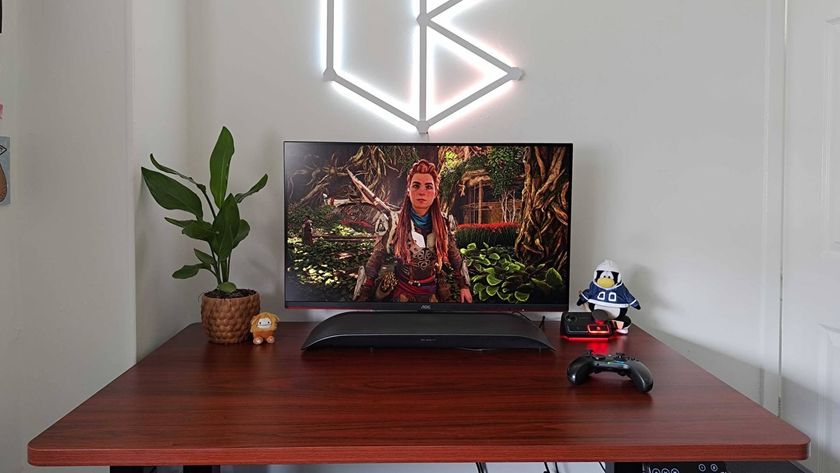
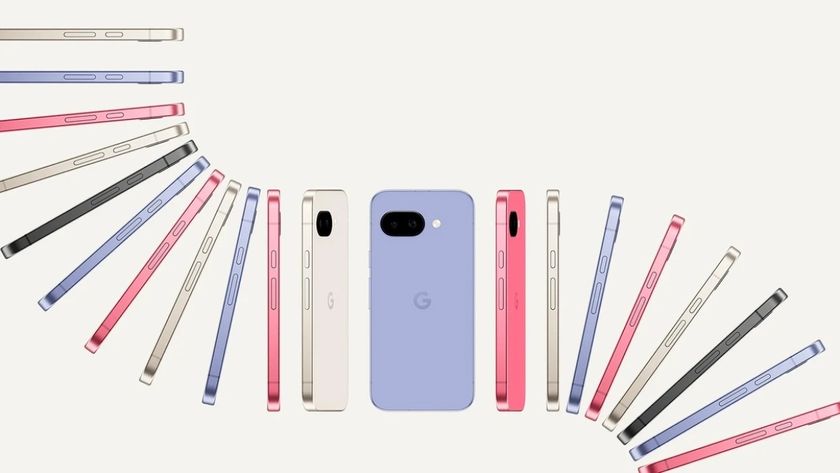
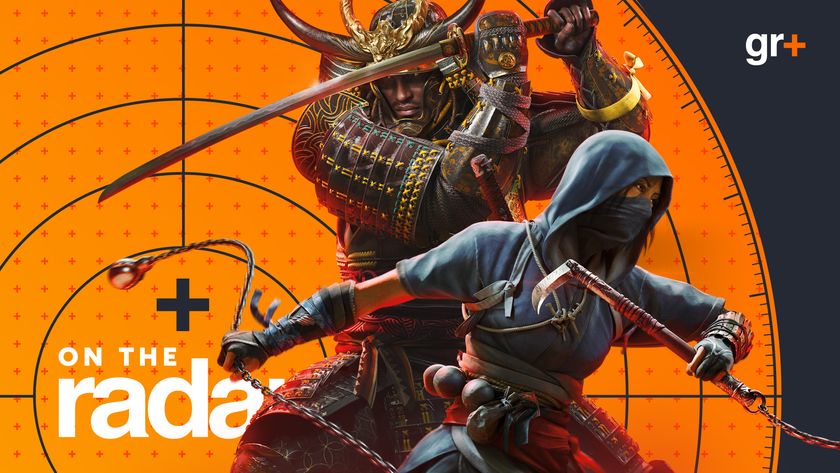

Super Smash Bros. Ultimate director "can't hope to compete with what doctors do," but he's content to "buff peoples' lives" with games

Former Skyrim dev says "a lot of the great stuff" in the RPG came from the devs having "quite a bit of freedom" to create what they wanted, even if it wasn't "on schedule"
